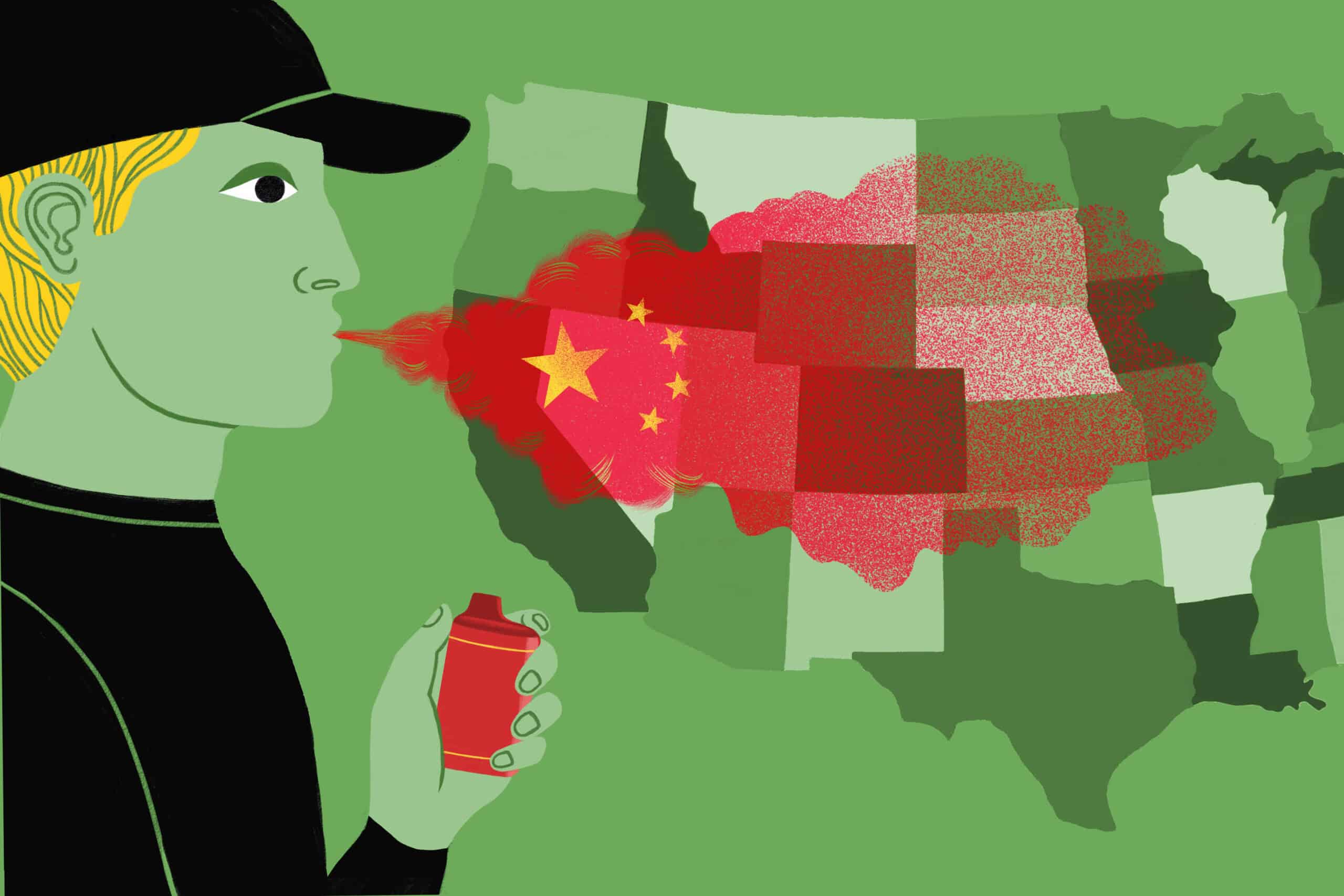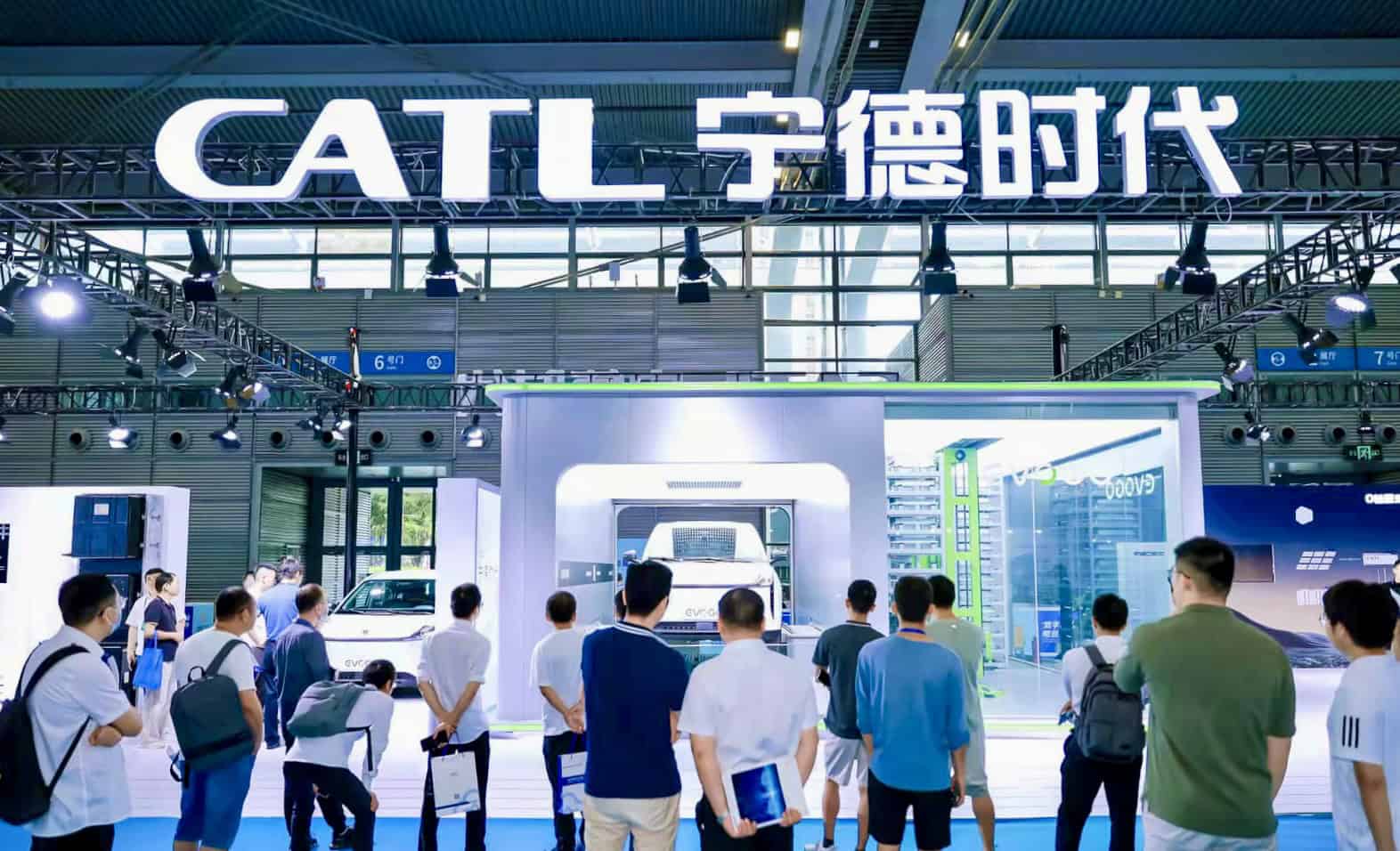Kaiser Kuo is the host of the Sinica podcast, a weekly show on Chinese current affairs, and an editor-at-large of SupChina, a China-focused media platform. From 2010 to 2016, Kuo worked as the director of International Communications for Baidu, the Chinese internet giant. Prior to that, he worked as the technology correspondent for Red Herring and as the director of digital strategy in China for Ogilvy & Mather. Kuo, who was born in the United States, started out his career as a rock musicia
LISTEN NOW
Face-Off: U.S. vs. China
A podcast about the turbulent relationship between the world's two superpowers, the two men who run them, and the vital issues that affect us all.



